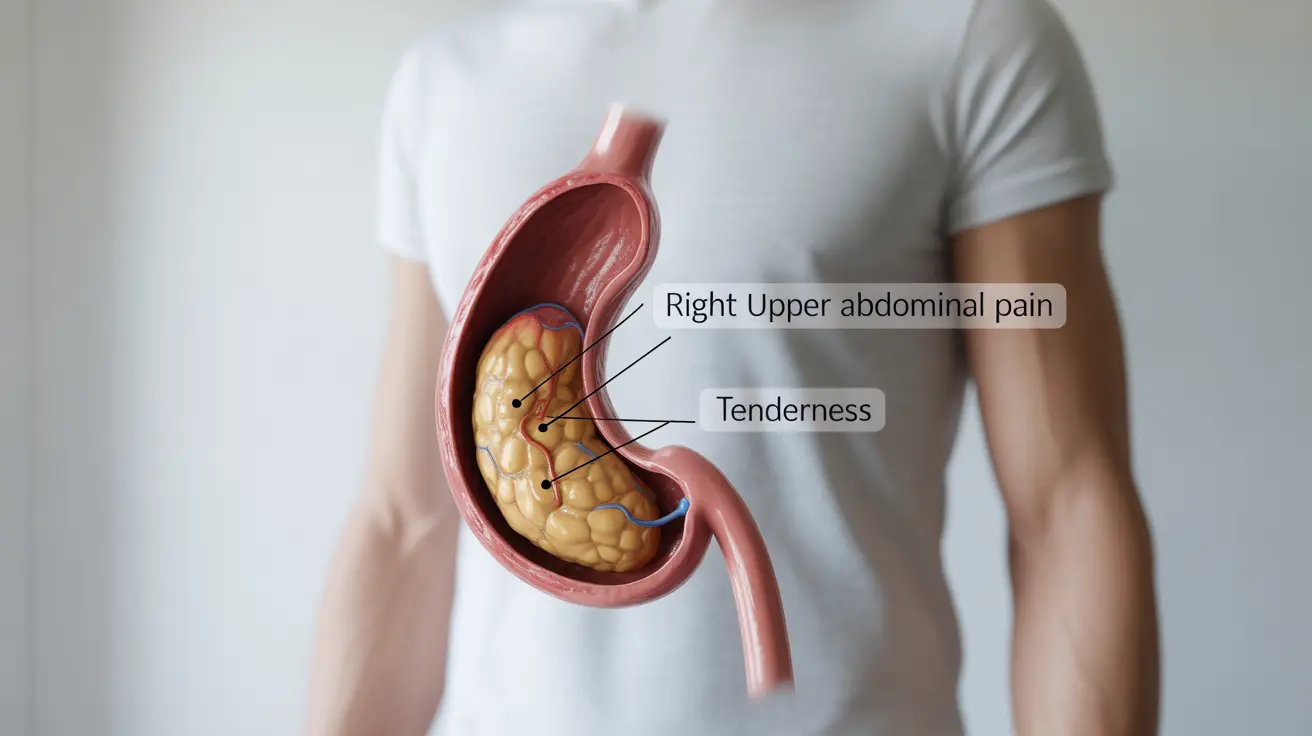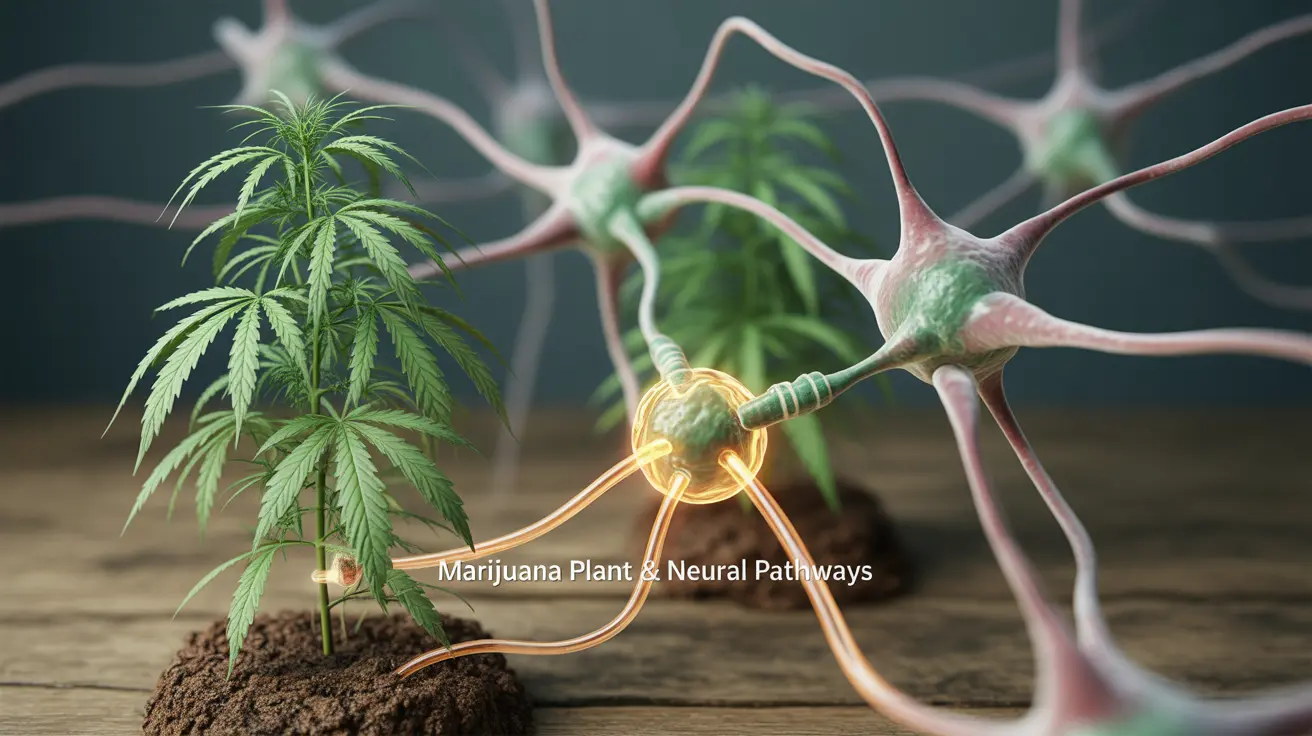GetLabTest News
Symptom Analysis
Interpreting Test Results
Diseases & Symptoms
Health Queries Answered
All
Latest
Understanding Chronic Cholecystitis: Symptoms, Diagnosis, and Treatment Options
Explore chronic cholecystitis symptoms, diagnosis methods, and treatment options to manage this condition effectively for a better quality of life.

Discover how to manage neck tension with lifestyle changes and exercises. Learn effective relief strategies.
Diseases & Symptoms
min read

Learn about Spurling's test, a key tool for diagnosing cervical radiculopathy. Understand its purpose and process.
Diseases & Symptoms
min read

Discover if marijuana can cause neuropathy. Understand its effects, risks, and benefits on nerve health.
Diseases & Symptoms
min read

Explore the genetic roots of lactose intolerance and how they affect your ability to digest dairy.
Diseases & Symptoms
min read
